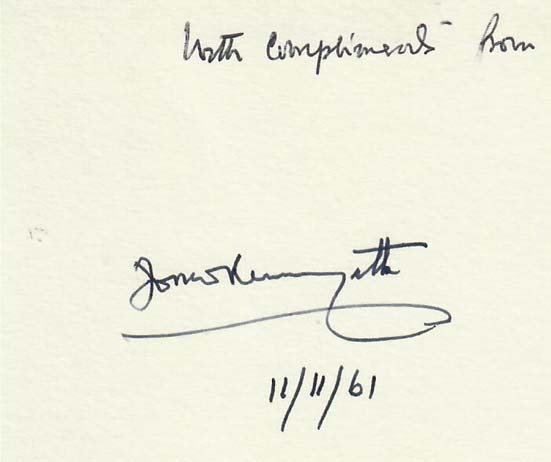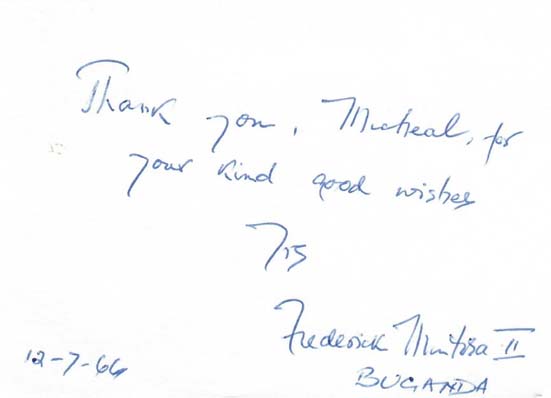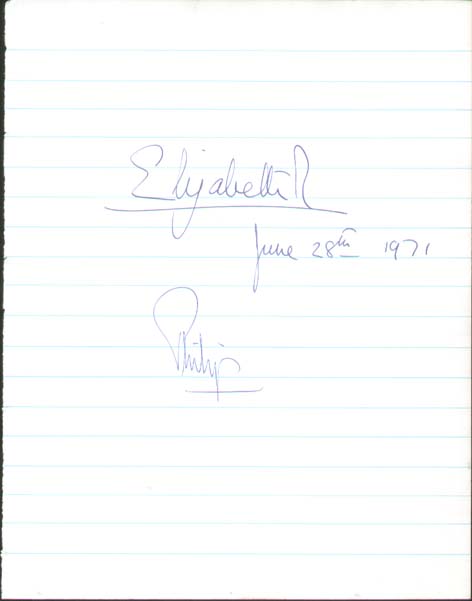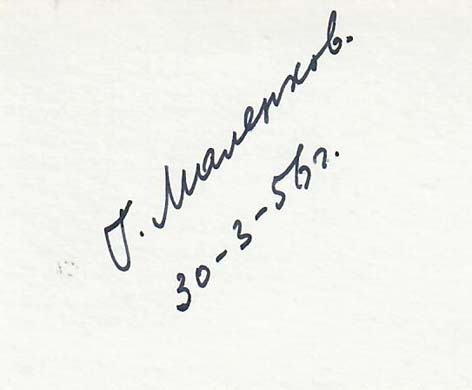Jawaharlal Nehru
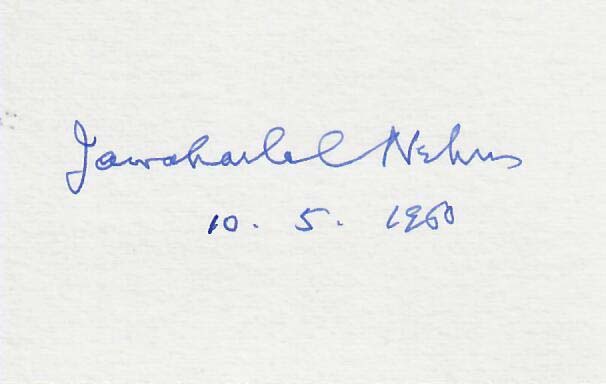
Jawaharlal Nehru
JAWAHARLAL NEHRU d1964. Indian anti-colonial nationalist, secular humanist, social democrat and author who was a central figure in India during the middle of the 20th century. He was a principal leader of the Indian nationalist movement in the 1930s and 1940s. Upon India's independence in 1947, he served as the country's Prime Minister for 17 years. He promoted parliamentary democracy, secularism and science & technology during the 1950s, powerfully influencing India's arc as a modern nation. In international affairs, he steered India clear of the two blocs of the Cold War. A well-regarded author, his books written in prison including ; Letters from a Father to His Daughter (1929) / An Autobiography (1936) and The Discovery of India (1946) have been read around the world. Upon India's independence on 15th August 1947, he gave a critically acclaimed speech ; "Tryst with Destiny"; he was sworn in as the Dominion of India's prime minister and raised the Indian flag at the Red Fort in Delhi. On 26th January 1950 when India became a republic within the Commonwealth of Nations, he became the Republic of India's first prime minister. He embarked on an ambitious program of economic, social and political reforms. He promoted a pluralistic multi-party democracy. In foreign affairs, he played a leading role in establishing the Non-Aligned Movement, a group of nations that did not seek membership in the two main ideological blocs of the 1950s. Under his leadership, the Congress emerged as a catch-all party, dominating national and state-level politics and winning elections in 1951, 1957 and 1962. He remained popular with the Indian people despite India's defeat in the Sino-Indian War of 1962 for which he was widely blamed. His premiership spanning (16 years 286 days) is to date the longest in India. It ended with his death aged 74 on 27th May 1964 due to a heart attack. His birthday is celebrated as Children's Day in India. His legacy has been hotly debated by Indians and international observers alike. In the years following his death, Nehru was hailed as the "architect of Modern India" who secured democracy in India and prevented an ethnic civil war

